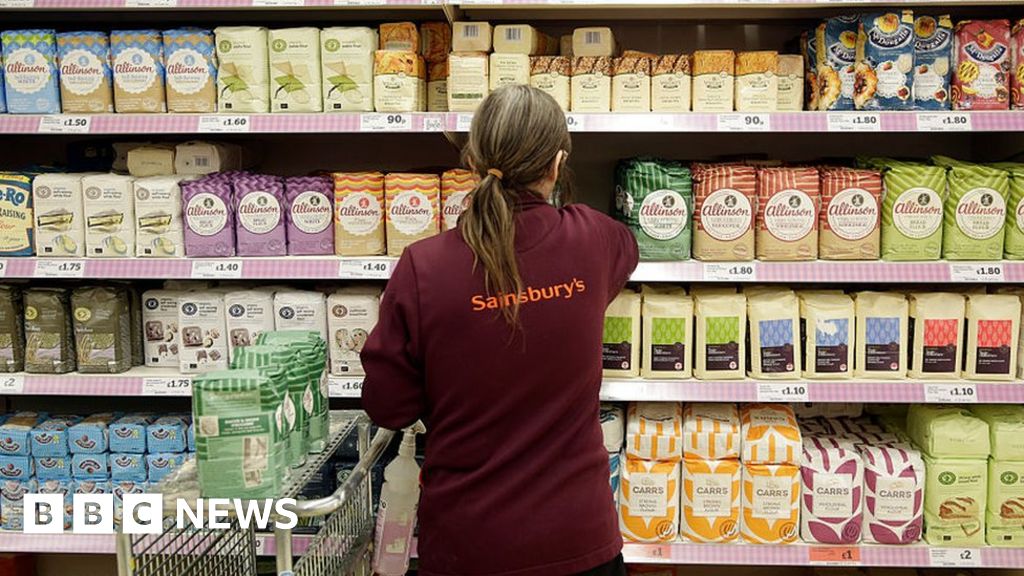Unlock the Editor’s Digest for free
Roula Khalaf, Editor of the FT, selects her favourite stories in this weekly newsletter.
Trading and investment banking helped lift Deutsche Bank to its highest quarterly profits in 11 years in the first three months of 2024, reflecting a similar trend at its larger Wall Street rivals.
Germany’s largest lender said on Thursday that first quarter net income increased by 10 per cent from a year earlier to €1.45bn, slightly above analysts’ expectations.
Revenues at its investment bank rose 13 per cent to €3bn, driven by a 7 per cent increase in fixed-income trading and a 54 per cent jump in origination and advisory as global dealmaking has started to pick up after a two-year long slump.
Chief executive Christian Sewing said the bank was on track to deliver ambitious 2025 targets for revenue growth, cost cuts and return on equity “on all dimensions”.
Deutsche Bank’s shares are up more than 60 per cent in a year to €15.40, their highest level in seven years, but still 90 per cent below the bank’s peak before the 2008 financial crisis.
Costs fell by 6 per cent in the quarter to €5bn, pushing its cost-income ratio to its lowest level in more than a decade. The bank earmarked €439mn for bad loans in the quarter, a decrease from the €488mn it provisioned in the final quarter of last year.
Return on tangible equity stood at 8.7 per cent, higher than a year before but below Deutsche’s medium-term target of more than 10 per cent.
Its asset management unit DWS Group, which is separately listed on the Frankfurt stock exchange, reported inflows that drove assets under management to a record high of €941bn as investors flocked to low-margin passively managed funds.
The lender’s common equity tier 1 ratio — a key benchmark for its balance sheet strength — was at 13.4 per cent, 0.3 percentage points lower than at the end of 2023 but well above the bank’s minimum target.
Deutsche’s private and corporate bank both suffered falling revenue.
Credit: Source link











